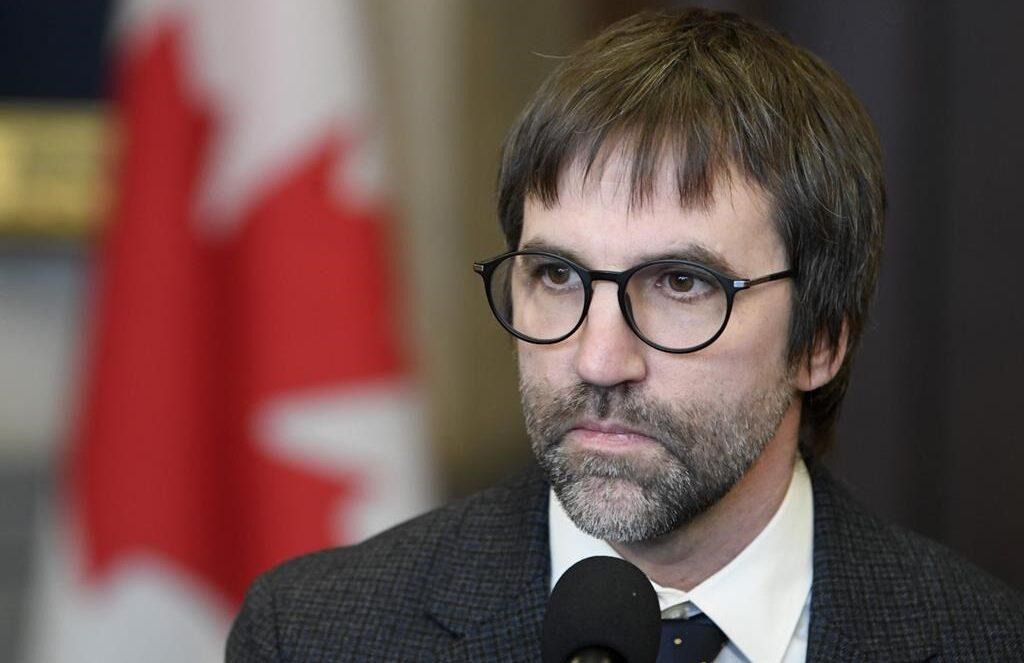A former Canadian ambassador to China is urging the federal government to reconvene the Special Committee on Canada-China Relations, saying the committee is needed now more than ever.
David Mulroney is calling for the committee to return to work amid a rapidly cooling Canada-China relationship.





